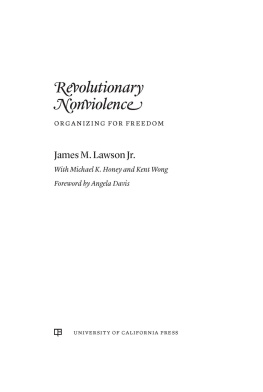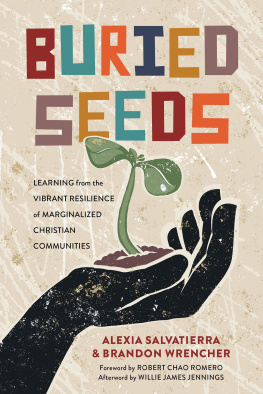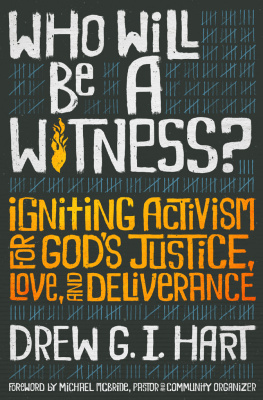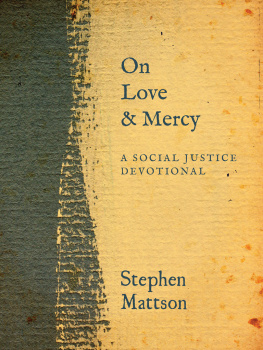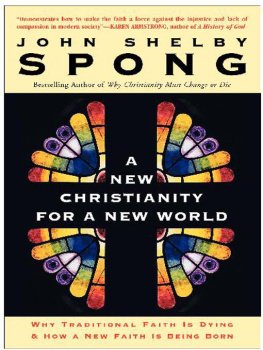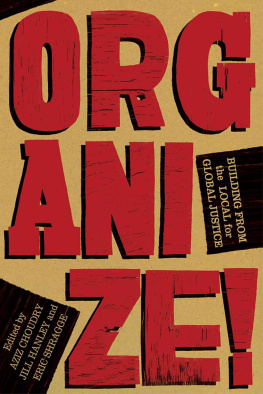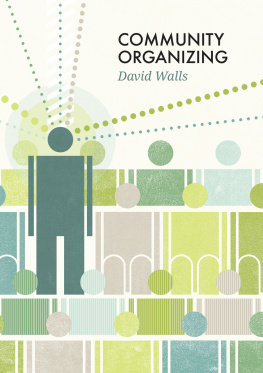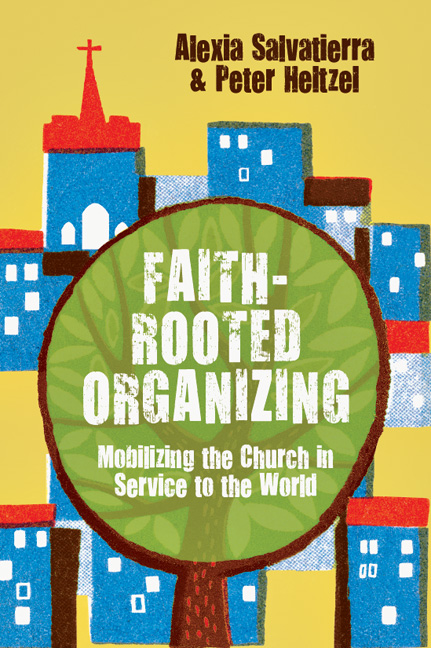Introduction
Vanessa became a Christian at the beginning of her sophomore year in college. From the moment she experienced the love of Christ, she knew she was called to share that love with her neighbors as effectively as she could, contributing all of the best gifts she could offer. Her passion quickly led her to become a volunteer tutor in an afterschool program in a low-income area.
When she first met thirteen-year-old Rosa, Vanessa was sure that she could minister to her in a way that would be life transforming. Rosa responded to her encouragement, backing away from gang-related friends and beginning to focus on her studies. Vanessa and Rosa began to envision all of the ways Rosa could call upon Gods help to give her the strength to make her dreams come true.
What Vanessa did not know was that Rosa, unlike her younger sisters and brothers, was born in another country; she had been brought to the United States without legal permission. Vanessa did not know that Rosas hard-working mother did not earn enough money to provide rent and food without Rosas financial help. Vanessas eagerness and Rosas fragile new hopes were about to run headlong into barriers that could not be simply solved by determination and faith.
The saying is well known: Give a man a fish and he will eat for a day; teach him to fish and he will eat for a lifetime. The message is clear that intelligent love goes beyond charity to community development. While it is an act of love to provide a needy person with a hand-out, it is clearly more effective and more empowering to train them for a job, help them to build a house or provide them with after-school tutoring. Learning how to fish is better than receiving fish.
Knowing how to fish, however, is not much use if there is a wall around the fish pond, and fishermen are not allowed access to the water.
Community development strategies reach beyond mere charity to engage people in solving the problems in their neighborhoods. What does not typically get addressed by such strategies are the barriers created by unjust policies, laws and social structures. Community development will not stop air pollution, fix a broken immigration system or ensure the availability of health insurance for workers and their families. Sooner or later, those engaged in community development hit a wall.
Transforming a community requires more than neighborhood development; it demands courageous organizing and persistent strategic advocacy.
Organizing is the practice of bringing people together to create systemic change in their community. Organizing groups may provide direct services and community development to create change, but they also take on the root causes of problems. When they see a wall, they figure out how to take it down.
This kind of effort requires advocacy. Advocacy is the process of calling on leaders (whether corporate or governmental) to make public commitments to use their power in ways that respond accurately and effectively to the needs of those affected by their decisions. Through advocacy, public decision-makers end up sharing their decision-making power with their constituents and communities.
Advocacy, in short, makes democracy real. Advocacy is a way for members of a democratic society to exercise the stewardship of influence, utilizing their rights and carrying out their responsibilities. Taken together, organizing and advocacy ensure that fishermen have access to the water, so they can eat for a lifetime, rather than depending on the random act of kindness of someone with an extra fish.
Organizing and Faith: Two Models
In the United States, most organizing models are based on the theories and practice of Saul Alinsky, who began his organizing work in the slums of Chicago in the 1930s. While Alinsky included churches in his organizations, he was primarily focused on neighborhood organizing. Over time, several Alinsky-based organizations developed that focused more centrally on organizing communities of faith, a strategy that is usually called faith-based organizing.
Faith-based organizers use the same basic assumptions and methodologies that would be employed when organizing any other sector of society, often using faith-oriented principles to articulate the rationale for their methods. While the majority of their organizing is congregational, based in particular faith communities, they involve other community organizations in their networks.
Faith-rooted organizing, by comparison, goes a step further. Rather than adapting a secular model, faith-rooted organizing is shaped and guided in every way by faith principles and practices. Faith-rooted organizing is based on the belief that many aspects of spirituality, faith traditions, faith practices and faith communities can contribute in unique and powerful ways to the creation of just communities and societies.
Many of the organizing initiatives that have had the greatest impact on societyfrom the labor initiatives of the early 1900s to the civil rights movement and the Central American Sanctuary Movementdid much more than just incorporate people of faith into Alinsky-style organizing; they drew on the deepest wells of the beliefs, values, disciplines and practices of the people of God.
Faith-rooted organizing is defined and differentiated by faithfully pursuing two questions:
- How can we ensure that our organizing is shaped and guided in all ways by our faith?
- How can we organize people of faith to enable them to contribute all of their unique gifts and resources to the broader movement for justice?
Faith-rooted organizing examines and reevaluates all of the classic components of organizing to explore the potential answers to these questions. It includes and reshapes each of the following core areas of organizing theory and practice:
- Goals: how will the world be different as a result of your organizing?


